


In many respects, this game is what MechWarrior 1 would be if they made it today. You're not Gideon Braver Vandenberg in this case; the character is a merc to start out with. But the gameplay loop is true to the original, albeit smoother and more fun. The 'mechs feel more like gigantic walking battle tanks than ever before. The lore is immersive and the acting is believable (albeit with the occasional and forgivable "what's in the box?!" moments). One of the really fun parts of this game is that if you don't like the way something works, you can mod it--or grab one of the many very well-done mods in the community--and change fundamental aspects of the game to your liking. Too easy? Make it harder. Don't like that clean windshield? We've got gritty, frosty, rain-speckled replacements. You think that weight limit is ridiculous? So does somebody else, and there's a mod to shut it off. Want more options for your company signet? Please, that's just the start. In short, if you like power fantasies where your opponents are as powerful as you, and you prefer the option to tweak practically everything about the game experience, you're in for a treat. MW5 is everything MW1 was, plus everything we wished it had been.
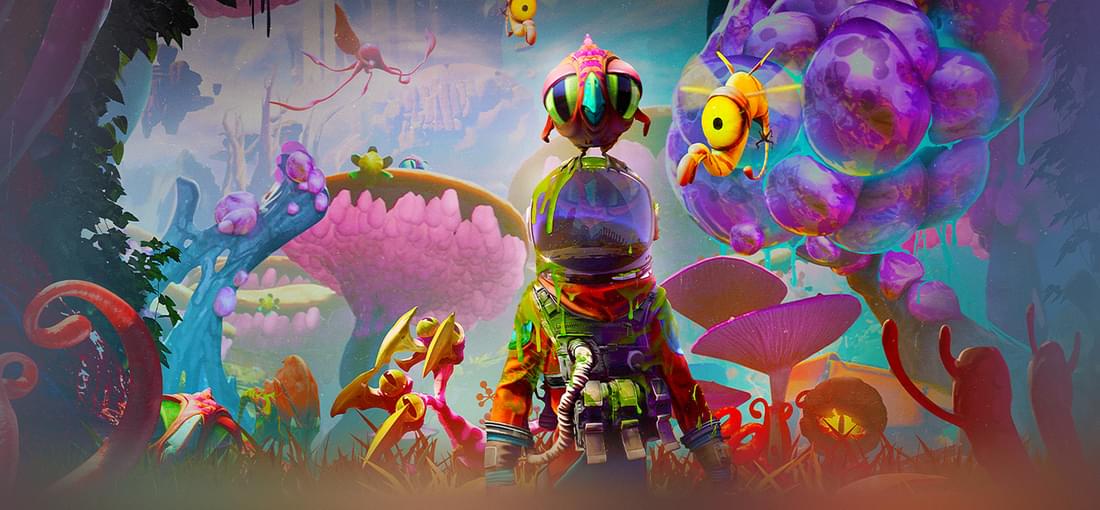
Playing this reminds me largely of Supraland. Not only are both games colorful, cartoonish metroidvania-style titles, but the pace of progression is similar (for me; your experience may vary). The writing is downright comedic here, more madcap than the humor in Supraland. It's not for everyone, but if you enjoy Monty Python, Vonnegut, and Weird Al, you'll probably like this.
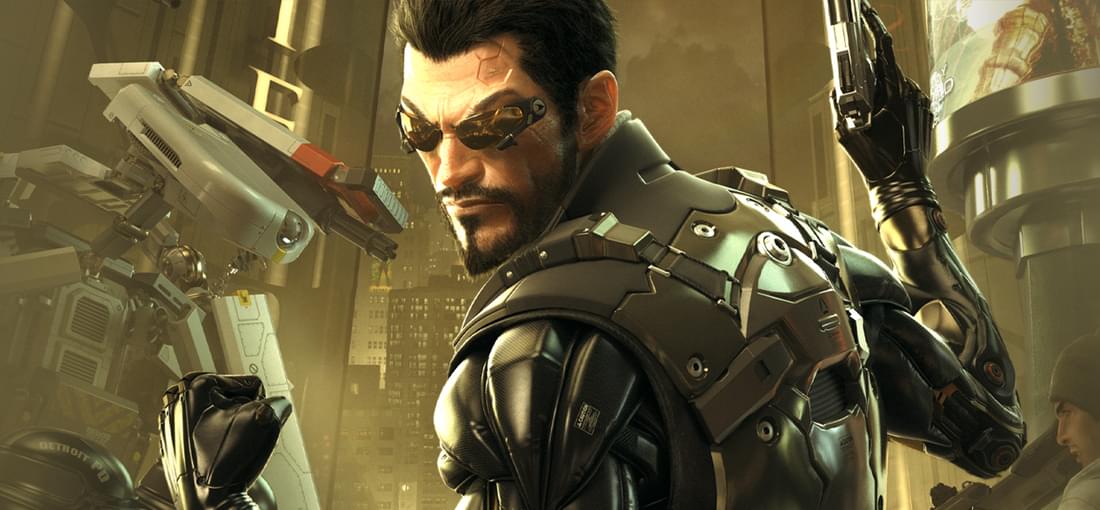
I was extremely dubious when I saw the trailers for this. The original Deus Ex was something special, and ever since the Star Wars prequels I've had a chronic lack of trust for people who go back and revisit old classic worlds in entertainment. It looks like a few people would agree that my prejudice was unwarranted, because after I gave the game a belated playthrough I was convinced to the contrary. This game felt like it was developed around the question "what would Deus Ex 1 be if we made it from scratch today?" The gameplay is very satisfying and retains a lot of the original Deus Ex feel while refreshing the look and some of the things the player character (Adam, rather than J.C. :) can do. A few people have griped about the game switching to third-person when wall-hugging. I thought that would annoy me but I actually prefer it. Line of sight seems to be critical in stealth play, so seeing whether Adam's shoulder or foot is poking around an edge in view of an enemy is important. On the topic of hidden telemetry in this edition, I can't comment. I played the game on Steam (via Proton) and it worked flawlessly with one exception. Every time I exit, the game hangs either for a long time or indefinitely, so either it sits in the background "trying" to close or I have to terminate the process manually. That's my only gripe. This is classic Deus Ex storytelling and gameplay with an original story and a far more sophisticated visual engine. If you liked the original, you'll likely get a kick out of this one too.
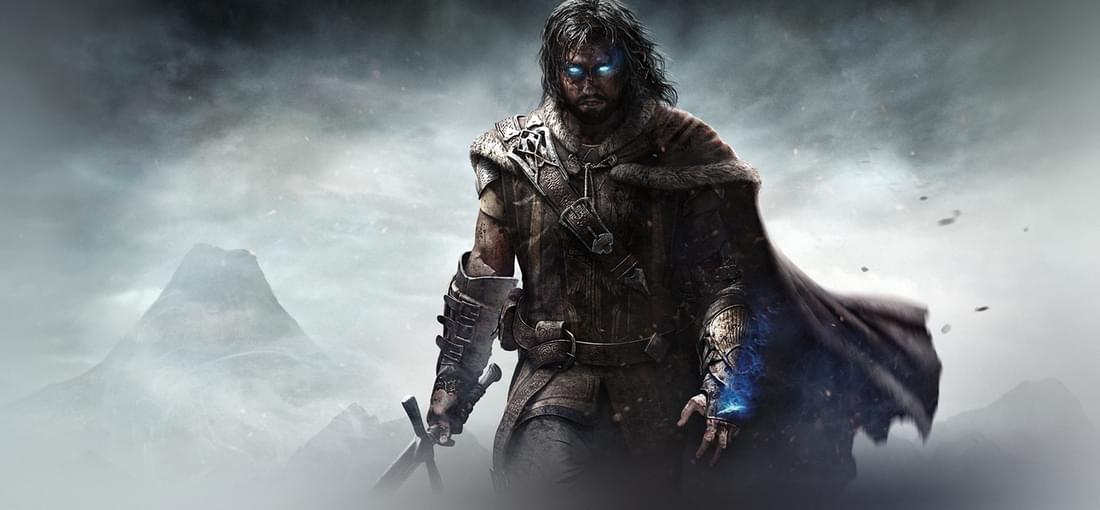
"The Crow" and "Mad Max" (the game) met in Middle Earth, got married, and had a baby. This game is that baby. Good points: 1. You can't really die. Sort of, but only in the souls-like way of dying. 2. It's an easy game to play, but there's enough here to offer a bit challenge for those who enjoy skill-porn. 3. Speaking of skill porn, Talion is not only a master swordsman but also a ninja. Stealth, climbing, and death from above (or capturing a mount) are all available. 4. The characters and world are well-done. Everything shows polish. It's fun to play. 5. You aren't locked in a room with inhuman monsters; they're locked in a room with you. And when they see you raze a few of their buddies (in graphically violent ways Viggo Mortenson would appreciate), they run in terror. Bad day at work? Chase them down and behead them. Not so good points: 1. That nemesis forge thingy, which I never got to use, is dead for all eternity because it was dependent on servers that are no longer running. Stupid; it cold have been patched to work on local games just fine. 2. If you're a pacifist you'll probably hate this game. It's very violent. Seriously, keep the kids away; they will have nightmares.
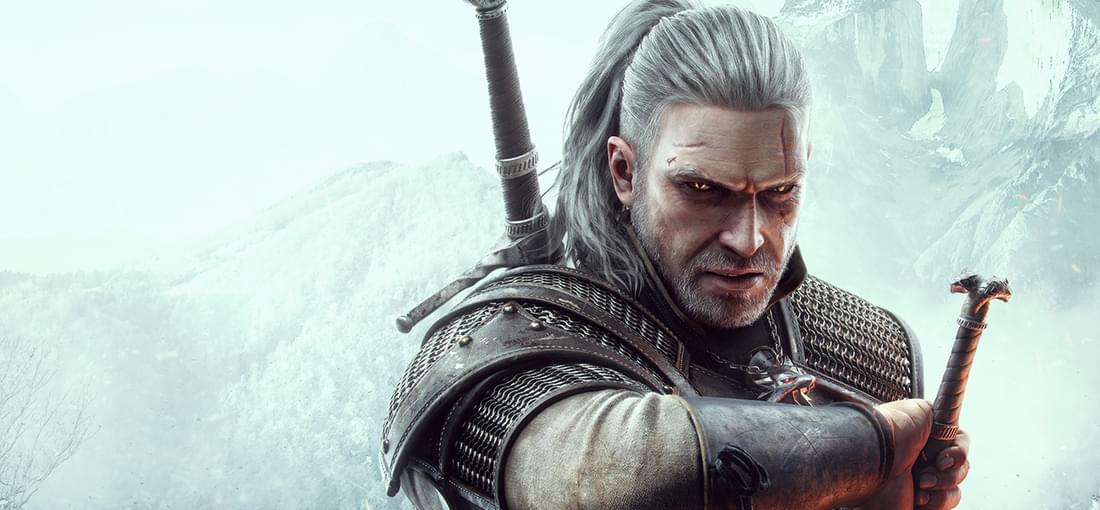
"Game" is a word we use to describe things like The Witcher III and its predecessors simply because we don't have a better word. But this is not Pac-Man. The whole series is a labor of love by CDPR, who have long since proven their loyalty to Sapkowski's absolutely brilliant source material. Stood up against other epics like Fallout (esp. 3 and 4) and Kingdom Come Deliverance (soon to be a series itself), this is one of the titans of the game world and absolutely not to be missed by anyone with a love for exploration, deep fiction, or games that tell the kinds of stories that mean a dozen things to as many people. Oh, one caveat: as you probably have guessed, there are plenty of spots in this game that are best kept out of reach of small children. Parental discretion and all that, you know.
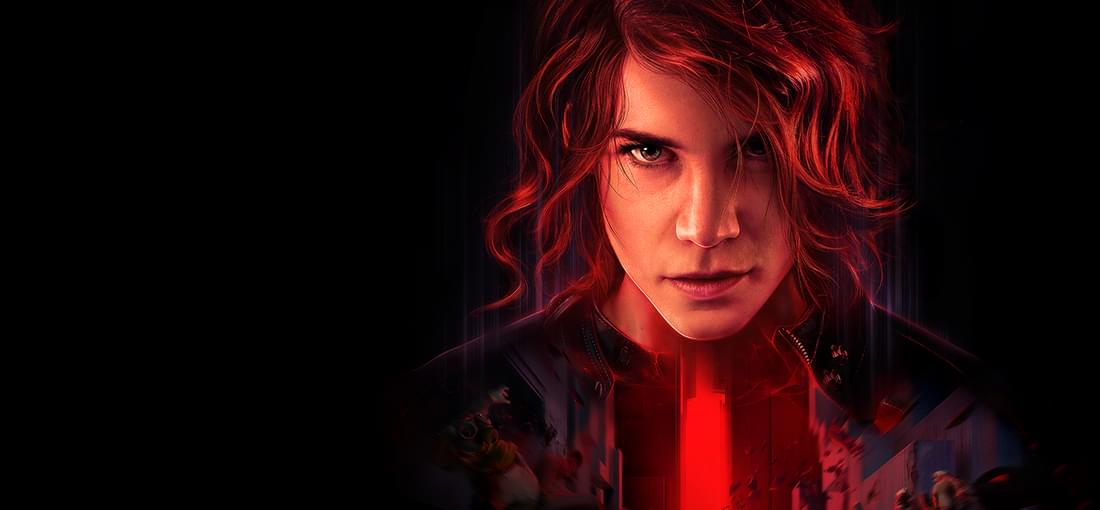
Politics and business aside, Control is superb so far (I haven't played it clear through yet). I get elements of Metroidvania-type games, a format I've come to really enjoy. There were honestly moments at first--and without using an RTX card--where I'm not entirely sure whether I'm looking at a live actor/actress or a computer model. The human modeling, and the detailing in general, is outstanding in its class. The cinematic qualities and the surrealism of the story make for an engrossing experience, and the weirdness and tension make for something as viscerally engaging as well-executed horror. But it's not exactly horror; there's a stringent, clinical, even cosmic quality to it. In a word, it's weird. Easy to talk about, tough to accomplish. Think of a Frictional game but with more sci-fi/fantasy leanings rather than occult. As to the gameplay and pacing, this is one where the action begins almost at the start. Like all the action titles from the now-classic Doom to just-released Scorn, this one begins with action and you get the story--such as it is--as you go along. Jesse walks through the front door, surveys the lobby for a moment, and the game begins. We're not here for passive entertainment, and we don't get it. If you want something that offers reward equal to the challenge, Control might be for you.
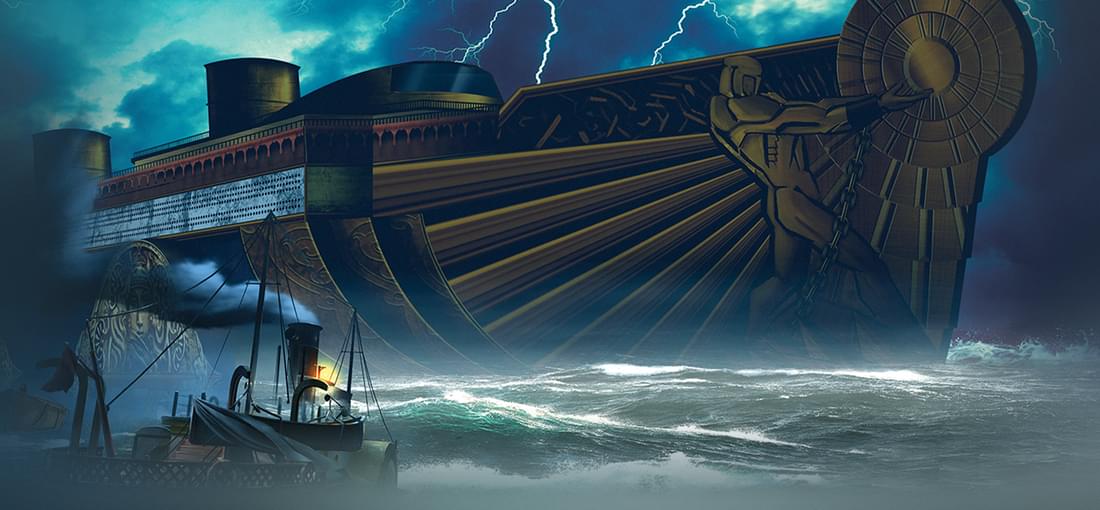
I'm sick and tired of seeing games to which devs were either too lazy or too stupid to add standard, expected user experience features. The most common fly in the ointment is the lack of key mappings. These guys apparently think that the only keyboard layout in the world is QWERTY, and the only sensible mapping for a single-player game is WASD. So they assumed that they didn't need to add key rebinding, a feature found in practically every game of this kind. When you're using a different layout or language, this leaves you out in the cold. So don't buy this game. Just my two cents.
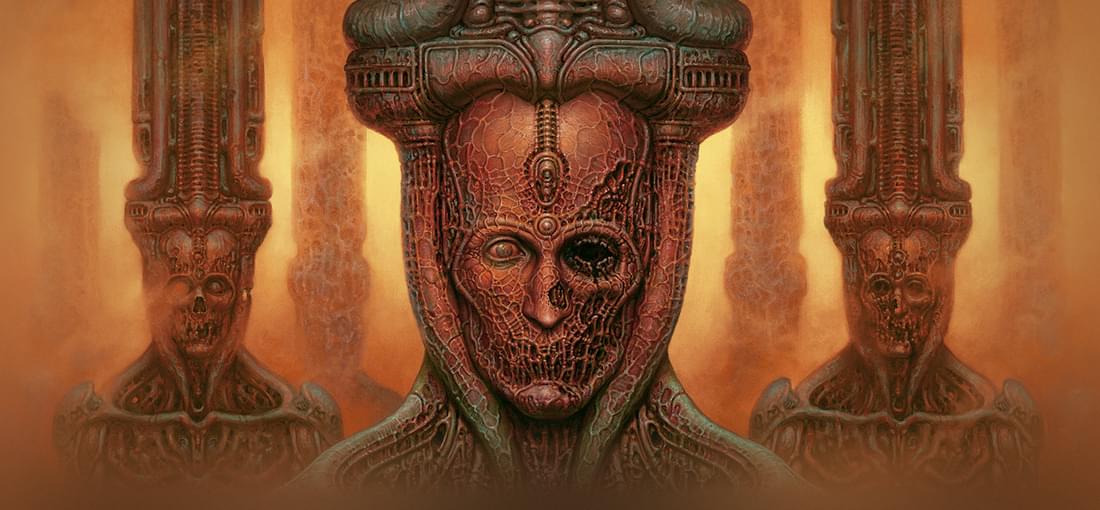
In the middle of a vast, dry, dead waste lie sprawling palaces of towering keratinous walls with abortive fleshy experiments clinging to their bony innards. Ancient biomachinery suggests a now dead civilization, unknowably ancient, but once masters at manipulating life and subjugating it to their industry. With no memory of what has passed, you wake half-buried by dry tendrils and drag yourself forth to--what? There is no one to speak to, no one to explain this crusted, rotting mass of meat-machine surrounding you. There is nothing to do but move forward and avoid death. "Scorn" draws on rich artistic roots for inspiration. Much of the storytelling is left to the imaginative player rather than giving any opinions about why things have become what they are--or even what they are, frankly. Nothing is clear except that the world is ancient and dying. The cavernous ruin you explore is less than yielding in terms of how you get from one place to another, but the means of self-preservation, sight, and moving about are there to be discovered. All told, this relatively brief experience evokes the style of puzzling and exploration of classic gaming titles while presenting everything in a more modern format. The word "horror" is less applicable than "weird", in the sense that Lovecraft used when describing his own fiction. In weird fiction, the horrors and dangers loom silently in the umbral deep rather than jumping out of closets and disemboweling the hapless protagonist. That's how things work here; which is why the game isn't exactly a shooter. Someone may also argue that there are important non-literal takes on the themes of the game that bear discussion. As a consequence, "Scorn" may be the first thing that is considered both a video game and a virtual exhibition of expressionist art. I found that idea very appealing, and the game didn't disappoint in either regard.